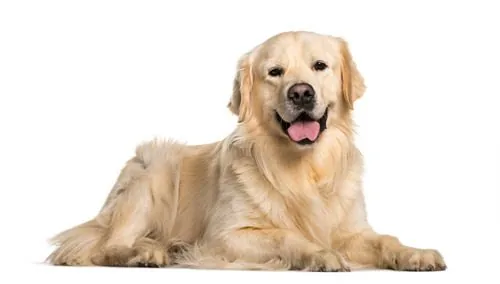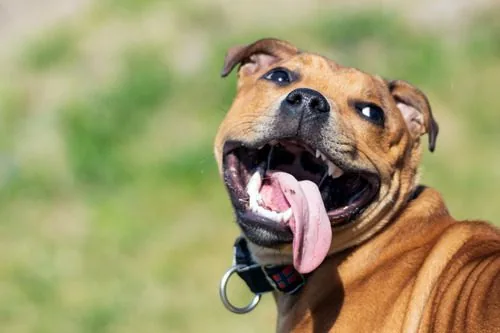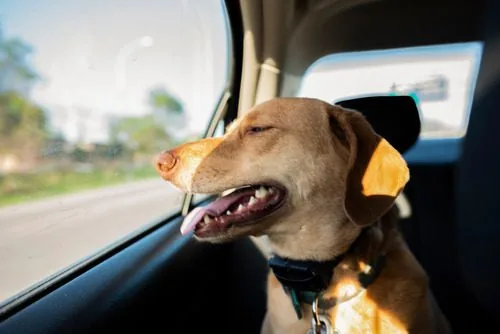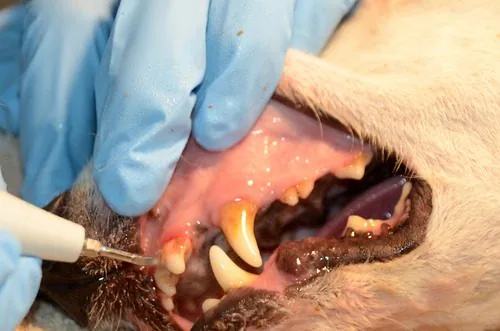Can Dogs Eat Turkey? What You Need to Know
If you’re a pet owner in Bolingbrook, Illinois, you’ve probably heard a lot of conflicting information about whether dogs can safely enjoy turkey. Turkey is a delicious and popular protein, especially during holiday feasts. But is it safe for your furry companion? In this article, we’ll delve into the topic of whether dogs can eat turkey, what precautions you should take, and why it’s essential to consult with professionals at Boughton Square Animal Clinic in Bolingbrook, Illinois, at (630) 759-0093 for expert guidance on your pet’s diet.
The Turkey Dilemma
Before we jump into the details, let’s get a basic understanding of the turkey dilemma. Turkey itself isn’t toxic to dogs, but it’s how it’s prepared and served that matters. While plain, cooked turkey can be a tasty treat for your canine friend, there are some important considerations to keep in mind.
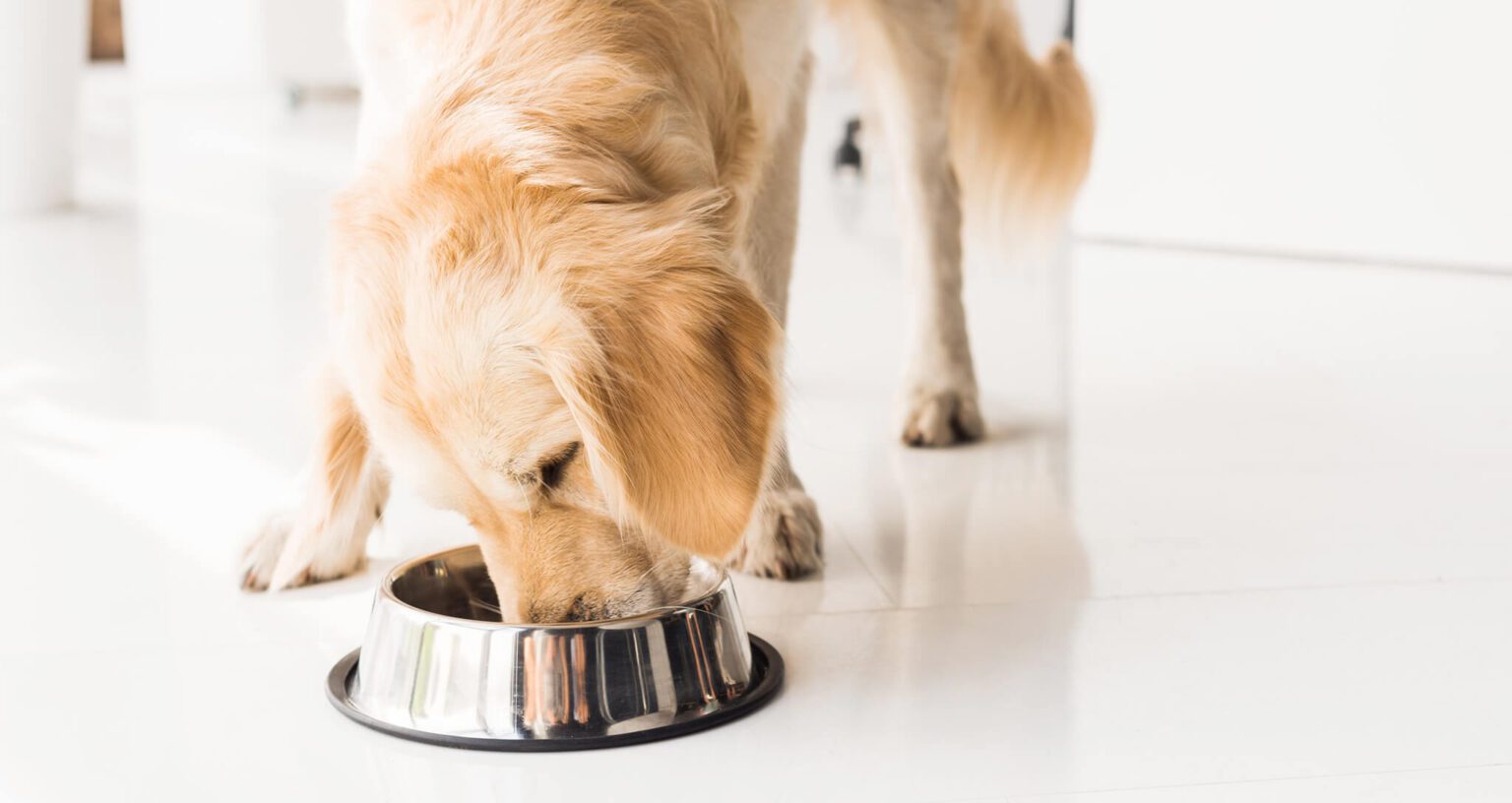
Why Bones Are a Risk
You might be tempted to share a turkey bone with your dog, but this is where the trouble begins. Turkey bones, especially those from a cooked turkey, can splinter easily and pose a significant risk to your pet. These splinters can cause internal injuries, puncture the digestive tract, or even lead to choking. It’s vital to understand that giving your dog turkey bones is not just risky; it’s potentially life-threatening.
Safe Alternatives for Chewing
If your pup enjoys chewing, consider offering safe alternatives like specially designed dog chew toys or dental chews. These products are created to satisfy your dog’s need to gnaw without the risks associated with turkey bones. Always supervise your dog when giving them a new chew toy to ensure their safety.
Why Seasonings Are a Problem
When it comes to sharing turkey with your dog, it’s important to understand why seasonings can be problematic:
Spices and Herbs
Many holiday turkey dishes are prepared with a variety of spices and herbs, such as garlic, onions, sage, and rosemary. These ingredients, while flavorful to us, can be toxic to dogs. Garlic and onions, in particular, contain compounds that can damage a dog’s red blood cells, leading to anemia. Sage and rosemary, when consumed in large quantities, can also cause digestive upset.
Rich Gravies
Gravy is a common addition to turkey dishes, and it often contains a high amount of fat and seasonings. The richness of gravy can be too much for your dog’s digestive system to handle, potentially causing vomiting, diarrhea, or even pancreatitis, a painful inflammation of the pancreas.
Sodium Content
Seasonings and gravies can be high in salt (sodium). Excessive salt intake can lead to sodium ion poisoning in dogs, resulting in symptoms like excessive thirst, urination, and, in severe cases, tremors or seizures.
To ensure your dog’s safety, it’s best to offer plain, cooked turkey without any seasonings or sauces. This way, you can enjoy a special treat together without worrying about potential health risks.
Skin and Fat – The Hidden Culprits
Turkey skin and fatty portions can be problematic for dogs. While they might be tempting, they can lead to pancreatitis or digestive issues in your pet. Excessive fat consumption can result in vomiting, diarrhea, and even more severe complications. So, it’s crucial to resist the urge to share these parts of the turkey with your dog.
Opt for Lean Cuts
Instead of the skin and fatty portions, offer your dog lean cuts of cooked turkey meat. Remove any visible fat and skin before sharing, as this will make it a safer and healthier option for your canine companion. Lean meat can be a tasty and protein-rich addition to your dog’s diet.
Why Portion Size Is Important
Understanding the importance of portion control when sharing turkey with your dog:
Digestive Health
Dogs have sensitive stomachs, and sudden dietary changes or overindulgence in rich foods can lead to gastrointestinal upset. Feeding your dog too much turkey at once can result in vomiting, diarrhea, or other digestive discomfort.
Weight Management
Treats like turkey should make up only a small part of your dog’s daily diet. Excessive treats can contribute to weight gain and obesity, which can lead to various health issues, including joint problems and heart disease.
Balanced Nutrition
Your dog’s main source of nutrition should come from their regular dog food, which is carefully formulated to meet their dietary needs. While turkey is a safe and tasty treat, it’s important not to substitute it for their balanced diet.
To maintain your dog’s well-being, practice moderation when offering turkey as a treat. Stick to their usual dog food for their main meals and use turkey as an occasional reward. This approach ensures they receive all the necessary nutrients from their regular diet while still enjoying the occasional indulgence.
The Importance of Professional Guidance
Before making any significant changes to your dog’s diet, including introducing turkey or any other new food, it’s crucial to consult with the experts at Boughton Square Animal Clinic in Bolingbrook, Illinois. You can reach them at (630) 759-0093 to schedule an appointment or seek more information.
Our team of experienced veterinarians can provide personalized advice based on your dog’s specific needs and dietary requirements. They’ll help you make informed decisions about what foods are safe and suitable for your furry friend.
Contact Us Today
While plain, cooked turkey can be a tasty and safe treat for your dog, it’s essential to be cautious about how you serve it. Avoid bones, seasonings, fatty portions, and practice portion control to ensure your pet’s well-being. Remember, when it comes to your dog’s diet, it’s always best to seek professional guidance. Contact Boughton Square Animal Clinic in Bolingbrook, Illinois, at (630) 759-0093 for expert advice and to prioritize your pet’s health and happiness.
Recent Posts
Do Dogs Sweat?
Do Dogs Sweat? Many pet owners have pondered the age-old question: Do dogs sweat? Understanding how dogs…
Why Does My Dog Keep Panting?
Why Does My Dog Keep Panting? Dog panting is a common behavior that owners often overlook as…
Dog Heatstroke: Signs, Causes and Treatment Options
Dog Heatstroke: Signs, Causes and Treatment Options When the sun is shining bright and the temperatures soar,…
Why Regular Dog Teeth Cleaning is Important for Overall Health
Why Regular Dog Teeth Cleaning is Important for Overall Health Maintaining your dog’s oral health is crucial…
How Professional Dog Training Can Transform Your Canine Companion
How Professional Dog Training Can Transform Your Canine Companion Dog training is more than just teaching your…
About Boughton Square Animal Clinic
Since 1979, Boughton Square Animal Clinic has served Bolingbrook, IL and surrounding communities as both a veterinary care provider and a devoted partner in treating your animal family members for life.


